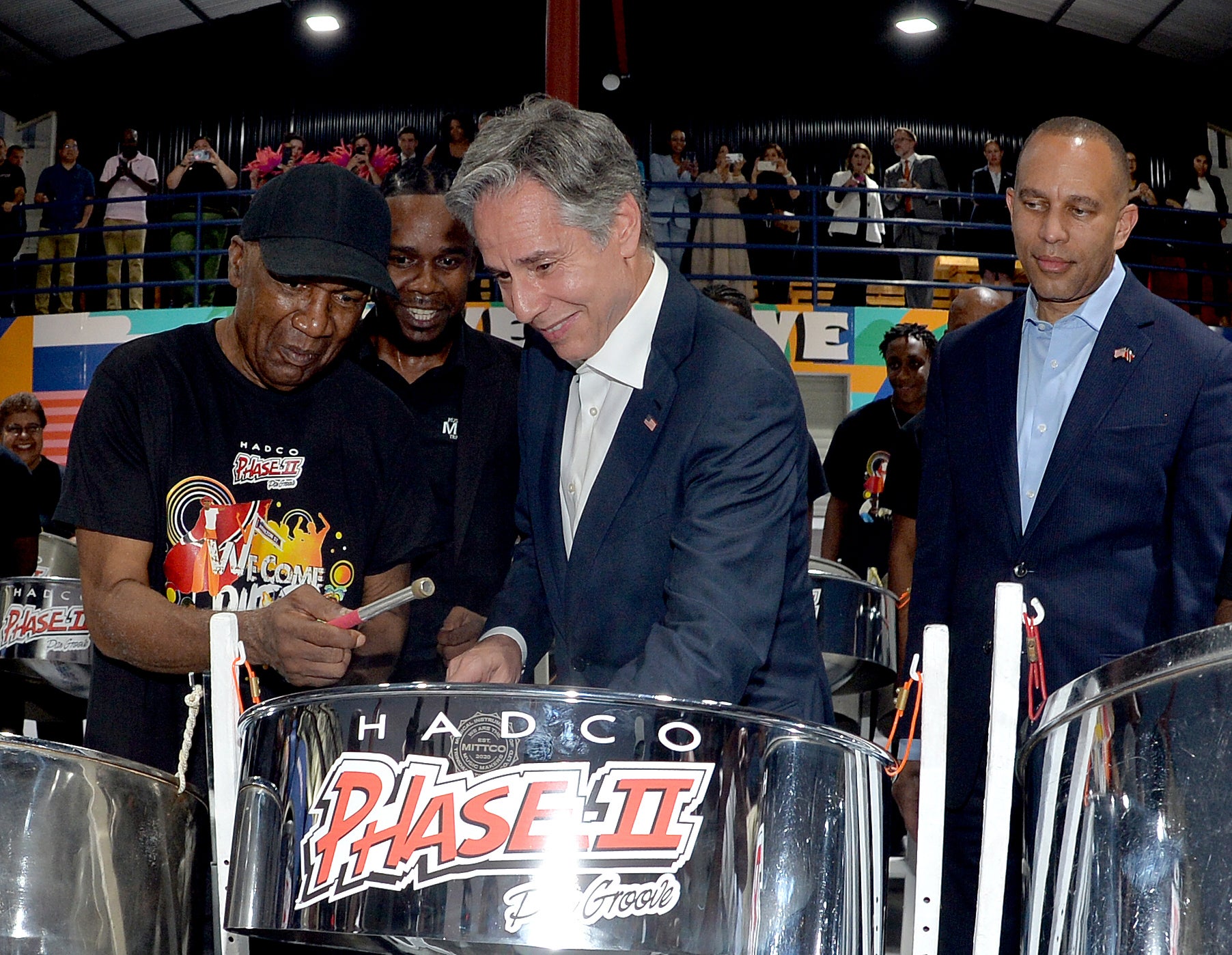Caribbean leaders seeking discounted oil criticize US sanctions against Venezuela
Caribbean leaders are denouncing U.S. economic sanctions against oil-rich Venezuela and say they’ve been forced to buy costlier petroleum elsewhere as they struggle with tight budgets

Caribbean leaders on Friday denounced U.S. economic sanctions against oil-rich Venezuela, saying they’ve been forced to buy costlier petroleum elsewhere as they struggle with tight budgets.
Members of a Caribbean trade bloc known as Caricom called for removal of the sanctions, which prevent them from purchasing oil at a discounted rate as part of a deal with Venezuela known as Petrocaribe.
“We in the Caribbean are suffering immensely,” Dominica Prime Minister Roosevelt Skerrit said at the close of a three-day Caricom conference on Wednesday. “People should be allowed to go about their lives, especially in these difficult times.”
Both Skerrit and Keith Rowley, prime minister of Trinidad and Tobago, said the issue was raised with U.S. Secretary of State Antony Blinken when he met with Caribbean leaders this week at the conference in Trinidad.
The Petrocaribe deal that began in 2015 and was recently revived allows Caribbean nations to pay 60% of oil purchases within three months, with deferred payments payable over 25 years at 1% interest.
Countries such as Guyana also have been allowed to finance some payments with rice shipments and other commodities.
Earlier this year, the Atlantic Council, a U.S. think tank, warned that the Caribbean is suffering from an energy crisis and that its dependence on heavy fuel oil is leading to high electricity prices.
It noted that the administration of U.S. President Joe Biden granted a license in January to help Trinidad and Tobago access Venezuelan gas so it can produce liquefied natural gas and clean fuels.
“The region needs a more secure supply of products now,” the council said.
Bookmark popover
Removed from bookmarks